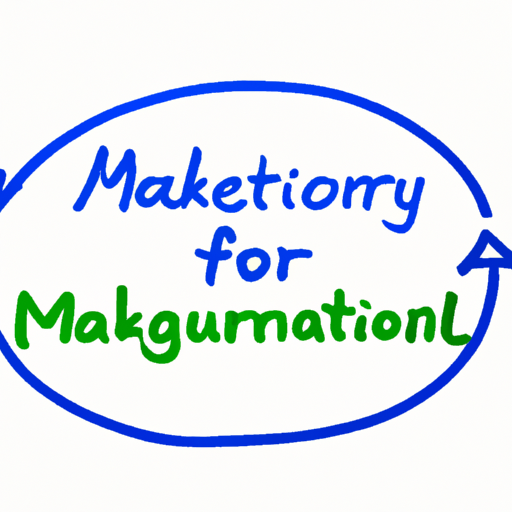Industrial automation and control is a rapidly growing field that encompasses various technologies and systems aimed at improving efficiency, productivity, and safety in industrial processes. As such, it is influenced by several market policies that shape its development and adoption. In this article, we will explore some of the key market policies that impact industrial automation and control, including government regulations, industry standards, and international trade agreements.

One such policy is the provision of financial incentives and tax breaks for companies investing in automation. Governments often offer grants or subsidies to businesses that adopt automation technologies, making it more affordable for companies to implement these systems. These incentives not only promote the growth of the automation market but also help businesses overcome the initial cost barriers associated with automation implementation.
Additionally, governments also regulate the safety standards and requirements for industrial automation and control systems. These regulations ensure that automation technologies are designed and implemented in a way that minimizes risks to workers and the environment. For example, the Occupational Safety and Health Administration (OSHA) in the United States sets guidelines for the safe use of automation in industries, including requirements for machine guarding, emergency stop systems, and safety interlocks.
Another important market policy that influences industrial automation and control is the establishment of industry standards. Standards provide a common framework for the design, implementation, and interoperability of automation systems. They ensure that different components and systems from various manufacturers can work together seamlessly, promoting competition and innovation in the market.
One widely recognized standard in the field of industrial automation and control is the International Electrotechnical Commission (IEC) 61131-3 standard for programmable logic controllers (PLCs). This standard defines a common programming language and interface for PLCs, allowing engineers and technicians to easily program and integrate different PLCs from different manufacturers. By adhering to such standards, companies can ensure compatibility and interoperability of their automation systems, reducing costs and risks associated with system integration.
Furthermore, international trade agreements also have a significant impact on the market for industrial automation and control. These agreements aim to promote free trade and remove barriers to the exchange of goods and services between countries. By reducing tariffs and trade restrictions, these agreements facilitate the global exchange of automation technologies, allowing companies to access a wider range of products and solutions.
For instance, the World Trade Organization (WTO) has played a crucial role in promoting international trade in automation technologies. Through its agreements, such as the General Agreement on Tariffs and Trade (GATT), the WTO has worked to eliminate trade barriers and promote fair competition in the global market. This has allowed automation technology providers to expand their reach and offer their products and services to a broader customer base.
In conclusion, industrial automation and control are influenced by various market policies that shape its development and adoption. Government regulations, such as financial incentives and safety standards, encourage the adoption of automation technologies while ensuring worker safety. Industry standards promote interoperability and compatibility among different automation systems, fostering competition and innovation. International trade agreements facilitate the global exchange of automation technologies, expanding market access for companies. By understanding and navigating these market policies, businesses can effectively leverage industrial automation and control to enhance their operations and stay competitive in the evolving industrial landscape.





